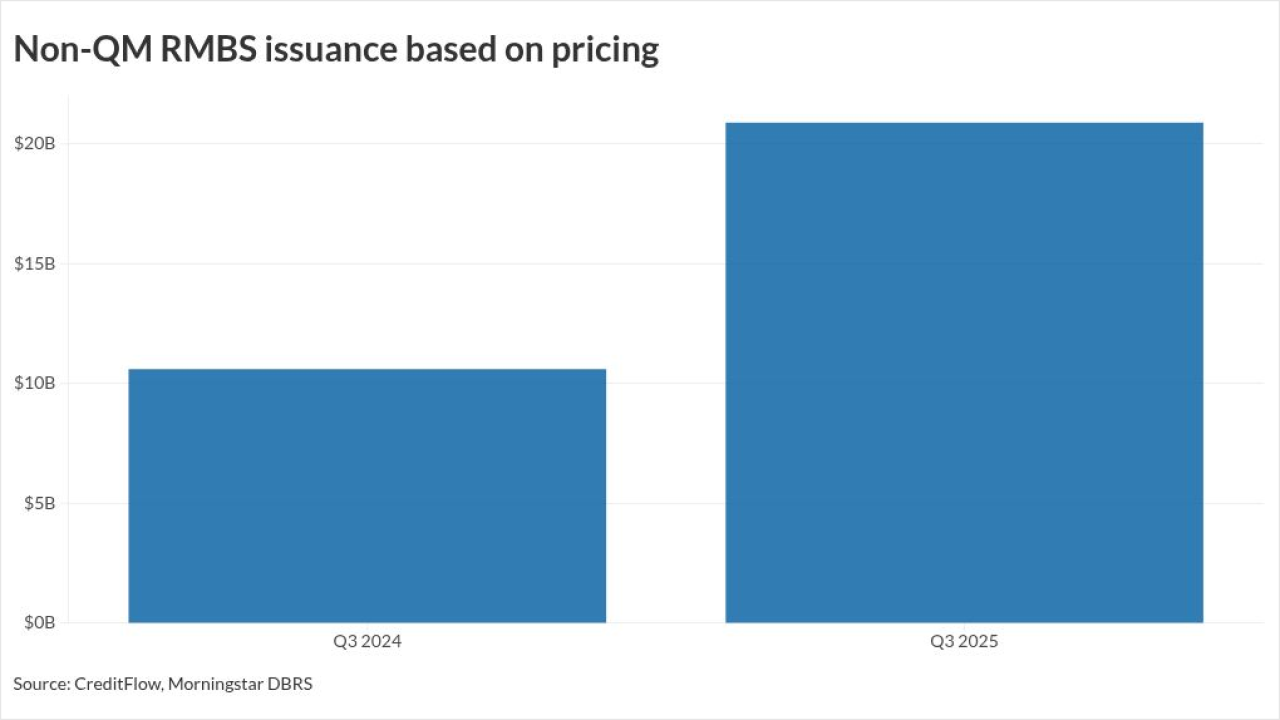An
One day after the U.S. Court of Appeals for the Fifth Circuit found the CFPB's funding structure to be unconstitutional, TransUnion used the decision to bolster its request for a dismissal of charges leveled by the bureau.
Earlier this year, the CFPB accused TransUnion of violating the terms of a 2017 consent order, in which the credit rating firm agreed to, among other things, stop misleading customers about its terms of use.

TransUnion argued that the CFPB used unappropriated funds to negotiate and prepare the consent order, which was agreed to after an investigation into deceptive practices around marketing and selling of credit scores, credit reports and credit-monitoring products to consumers.
In its motion for dismissal, TransUnion also argued the CFPB should not be able to use unlawful funds to prosecute the case. TransUnion did not respond to a request for comment Wednesday.
The CFPB filed a response to TransUnion's motion in the U.S. District Court for the Northern District of Illinois Eastern Division on Tuesday, laying out what could be the groundwork for an appeal of the
As part of its ruling on the CFSA suit, the Fifth Circuit invalidated parts of the CFPB's 2017 payday lending rule, noting that it could not have enacted the rule without the use of nonappropriated funds. TransUnion argued the same standard should be applied to the funds used by the bureau to negotiate its 2017 consent order.
In its response to TransUnion, the CFPB argued that the Fifth Circuit's decision had no basis in case law, as no other ruling has challenged Congress's ability to authorize spending by statute rather than appropriation. The court's ruling also does not "make sense on its own terms," the CFPB wrote, noting that, contrary to the Fifth Circuit's interpretation, Congress is able to oversee how the bureau spends money through statutory supervision provisions.

The response also refutes several other claims made by the Fifth Circuit, including that the funding structure is "novel" and "unprecedented," noting that the Federal Reserve, Office of the Comptroller of the Currency and the Federal Deposit Insurance Corp. also are not funded through annual spending bills.
"The Court should reject the Fifth Circuit's analysis and instead join every other court to address the issue — including the en banc D.C. Circuit — in upholding the Bureau's statutory funding mechanism," the bureau wrote. "And even if the Court were to disagree, it should still reject Corporate Defendants' request to dismiss the Complaint because any defect in the Bureau's funding authorization (and there is none) would not deprive the Bureau of the power to carry out the responsibilities given it by Congress to enforce the law."
The CFPB is expected to appeal the Fifth Circuit's ruling in the CFSA case in one of two ways. It can either request what is known as an en banc review — a hearing before the full Fifth Circuit panel of judges — or it can submit a request to hear the case before the Supreme Court.
In response to a request for an interview on Wednesday, the CFPB declined to comment.





